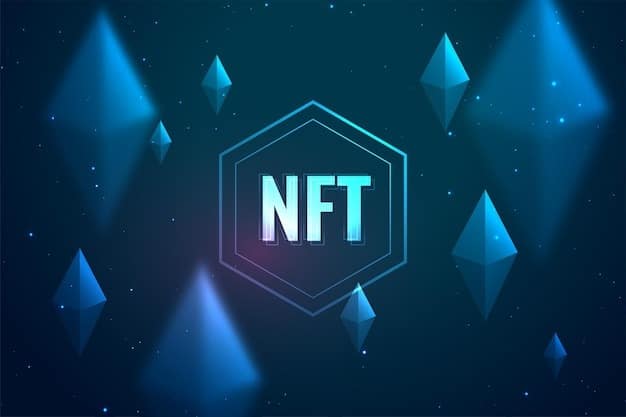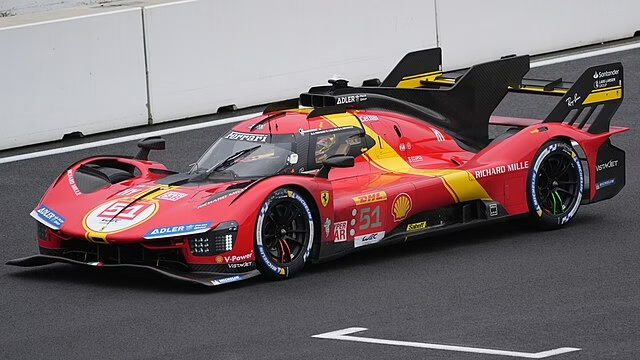Ferrari will launch a blockchain-based membership token exclusively for the 100 ultra-wealthy members of its invitation-only Hyperclub, giving them access to private auctions including a chance to bid on the automaker’s Le Mans-winning 499P race car.
The luxury token, developed with Italian fintech Conio, debuts alongside the 2027 World Endurance Championship season and represents one of the most exclusive digital asset experiments in the luxury sector.
According to Sources, the Ferrari digital token will serve as a membership-access instrument rather than a publicly traded asset, functioning within a closed ecosystem.
This approach aligns with Ferrari’s broader strategy of expanding digital engagement while maintaining exclusivity.
“This is about strengthening the sense of belonging among our most loyal customers,” said Enrico Galliera, Ferrari’s chief marketing and commercial officer.
The Ferrari digital token will allow holders to trade among themselves and participate in high-value auctions, including one involving the celebrated 499P. For crypto investors and collectors, the move signals Ferrari’s willingness to explore blockchain-backed value creation inside luxury ownership ecosystems.
Ferrari’s evolving crypto roadmap
The Ferrari digital token follows Ferrari’s earlier crypto adoption efforts. In 2023, Ferrari began accepting Bitcoin, Ether and USDC for vehicle purchases in the United States, later extending this payment option to Europe. Importantly, the company structured these payments so that car dealers do not handle cryptocurrencies directly. Transactions are automatically converted to fiat currency before settlement.
This implementation demonstrated Ferrari’s interest in crypto usability rather than speculation. It also provided a foundation for the development of the Ferrari digital token, further anchoring digital transactions within Ferrari’s customer-facing strategy.
Luxury tokenization meets regulatory preparation
Conio, Ferrari’s partner in creating the Ferrari digital token, is in the process of applying for a license under the EU’s Markets in Crypto-Assets (MiCA) regulatory framework. The firm views the project as a precedent for high-end token-based ownership models.
“The potential for development is enormous,” said Davide Rallo, Conio’s chief fintech strategist.
The collaboration suggests that the Ferrari digital token is not merely a one-off promotional item but part of a longer-term experiment in digital asset integration within luxury goods markets. Its controlled distribution and closed trading environment align with anticipated European regulatory standards.
Growing wealth and demand in the crypto luxury segment
Ferrari’s timing aligns with the broader rise of high-net-worth digital asset holders. Over the past year, the number of crypto millionaires increased by 40% to 241,700. The count of individuals holding more than $100 million in crypto rose 38%, while crypto billionaires increased 29% to 36.
This expanding demographic provides a natural audience for the Ferrari digital token, as luxury markets increasingly cater to individuals whose wealth originates online rather than through traditional finance.
For crypto investors, the Ferrari digital token represents a new category of blockchain-enabled access and experience-based ownership — one linked to brand identity and cultural prestige rather than speculative volatility.











